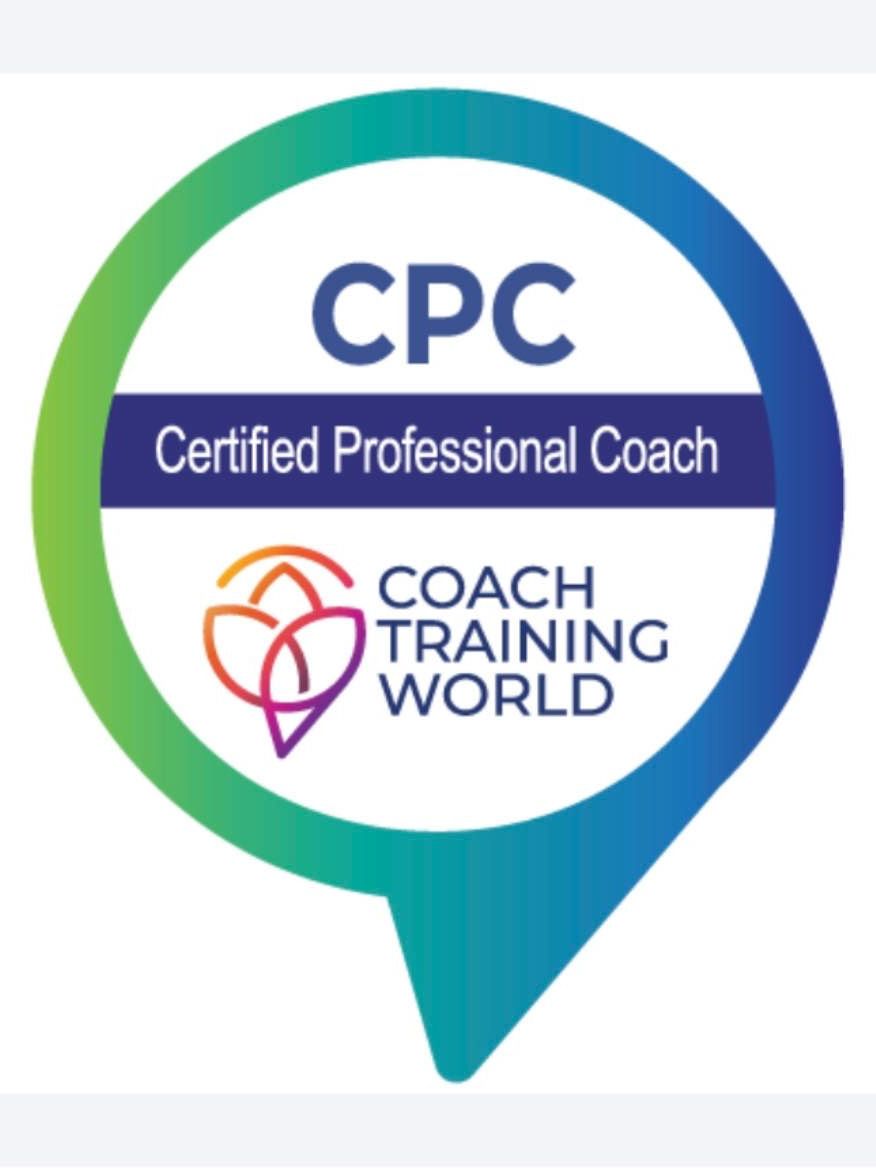Ditch the Resolutions
Ditch the Resolutions: Reflect, Carry Forward, and Strengthen Your Relationship with Yourself
Every year, the pressure of New Year’s resolutions seems to creep in: “This is the year I’ll completely transform my life!” But how often do those lofty goals last beyond January? Instead of trying to overhaul everything, what if this year you focused on something more meaningful—your relationship with yourself?
Take a moment to reflect on the past year. What moments brought you peace, joy, or strength? Maybe it was something as simple as sticking to a morning walk, saying “no” when you needed to, or finally giving yourself permission to rest. Those small wins matter. They show us that progress isn’t about perfection but about consistently showing up for ourselves in meaningful ways.
Now ask yourself: What parts of your relationship with yourself do you want to carry forward into the new year?
• Did you find moments where you truly listened to your needs?
• Were there times you practiced self-compassion instead of self-criticism?
• What activities or habits made you feel most like you?
As you step into this new year, let those reflections guide you. Building a stronger relationship with yourself doesn’t require dramatic resolutions—it’s about committing to small, intentional acts of self-care, self-awareness, and self-love. Here are a few challenges to deepen your relationship with yourself this year:
1. Check In with Yourself Regularly
Set aside time—daily or weekly—to reflect on how you’re feeling and what you need. Whether through journaling, meditation, or simply sitting quietly with your thoughts, this practice can deepen your self-awareness and help you stay grounded.
2. Reframe Negative Self-Talk
We can be our harshest critics. This year, commit to speaking to yourself as you would to a close friend. When you catch yourself being overly critical, pause and ask, “Is this thought true, or is it just fear or self-doubt talking?” Replace judgment with encouragement.
3. Celebrate Every Win
Life isn’t just about the big milestones—it’s about the small victories along the way. Celebrate them all. Did you show up for yourself today? Did you take a step toward something you’ve been putting off? Give yourself credit for the effort, not just the outcome.
4. Create Space for Rest and Joy
Rest isn’t a reward; it’s a necessity. I will be the first to admit that making rest a priority can be very challenging for me as well. This year, make it a priority to slow down, recharge, and pursue what brings you peace, I will be doing the same. Whether it’s reading a book, dancing in your kitchen, or taking a solo walk in nature, carve out time for things that bring you peace and joy.
5. Honor Your Boundaries
Reflect on the areas where you’ve overextended yourself or said “yes” out of guilt or obligation. In the new year, practice honoring your limits and protecting your energy. Boundaries aren’t about shutting others out—they’re about keeping yourself a priority.
6. Practice Gratitude for Yourself
It’s easy to focus on what we wish we’d done differently. But what about the times you showed up for yourself, even when it was hard? Be intentional about recognizing and appreciating your own efforts, no matter how small they seem.
Final Thoughts
Strengthening your relationship with yourself isn’t about striving for perfection—it’s about learning to love and accept yourself exactly as you are while holding space for growth. When you nurture that connection, you’ll find it easier to show up authentically in every other area of your life.
So, this year, skip the resolutions. Reflect on what went well, celebrate the wins (big and small), and carry those lessons and practices forward. Your relationship with yourself deserves the same care and attention you’d give to anyone else you love.
Let’s step into the new year with intention, reflection, and a whole lot of self-compassion. As always I am here to support you on your journey.

Contact Info












